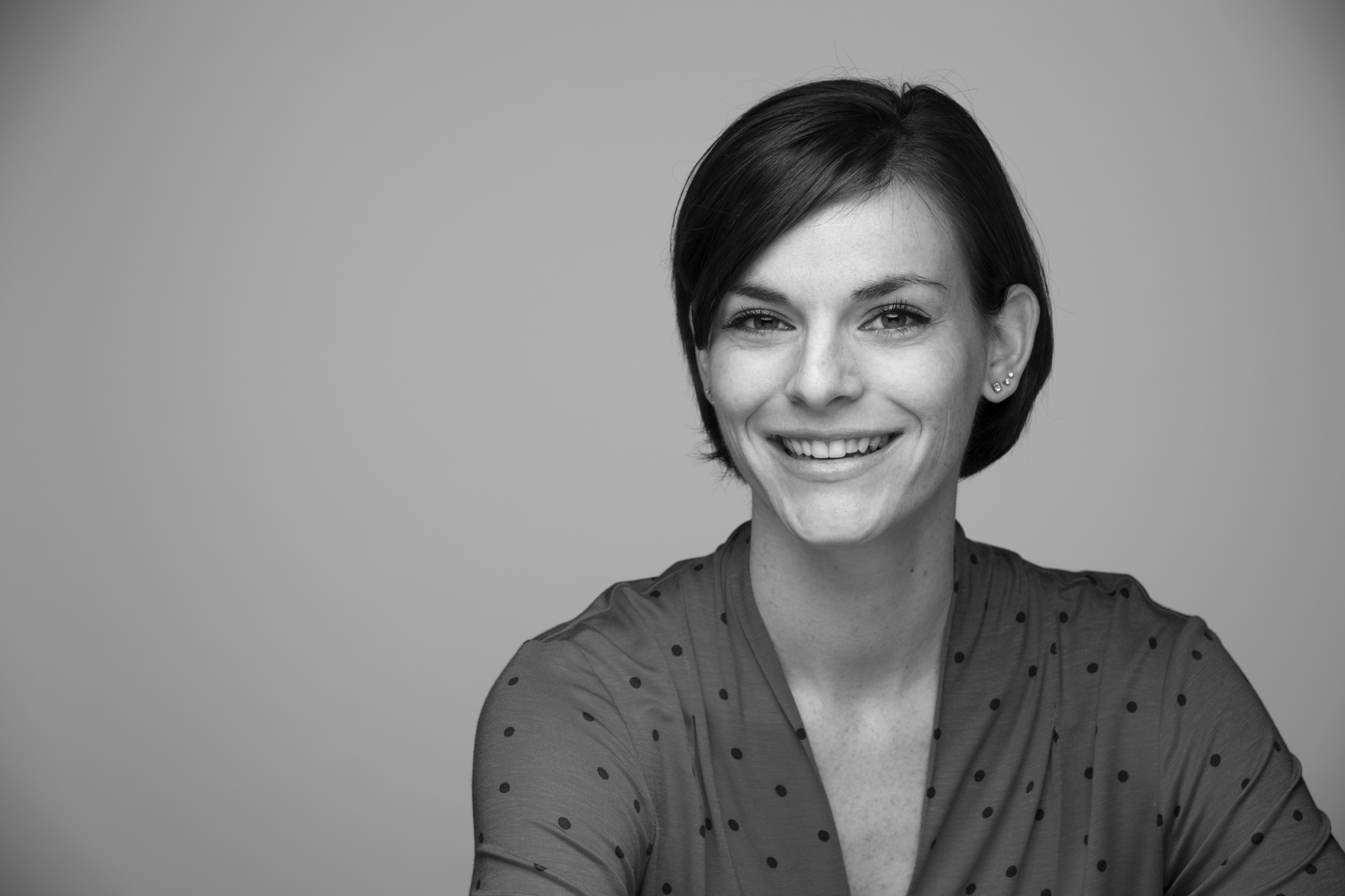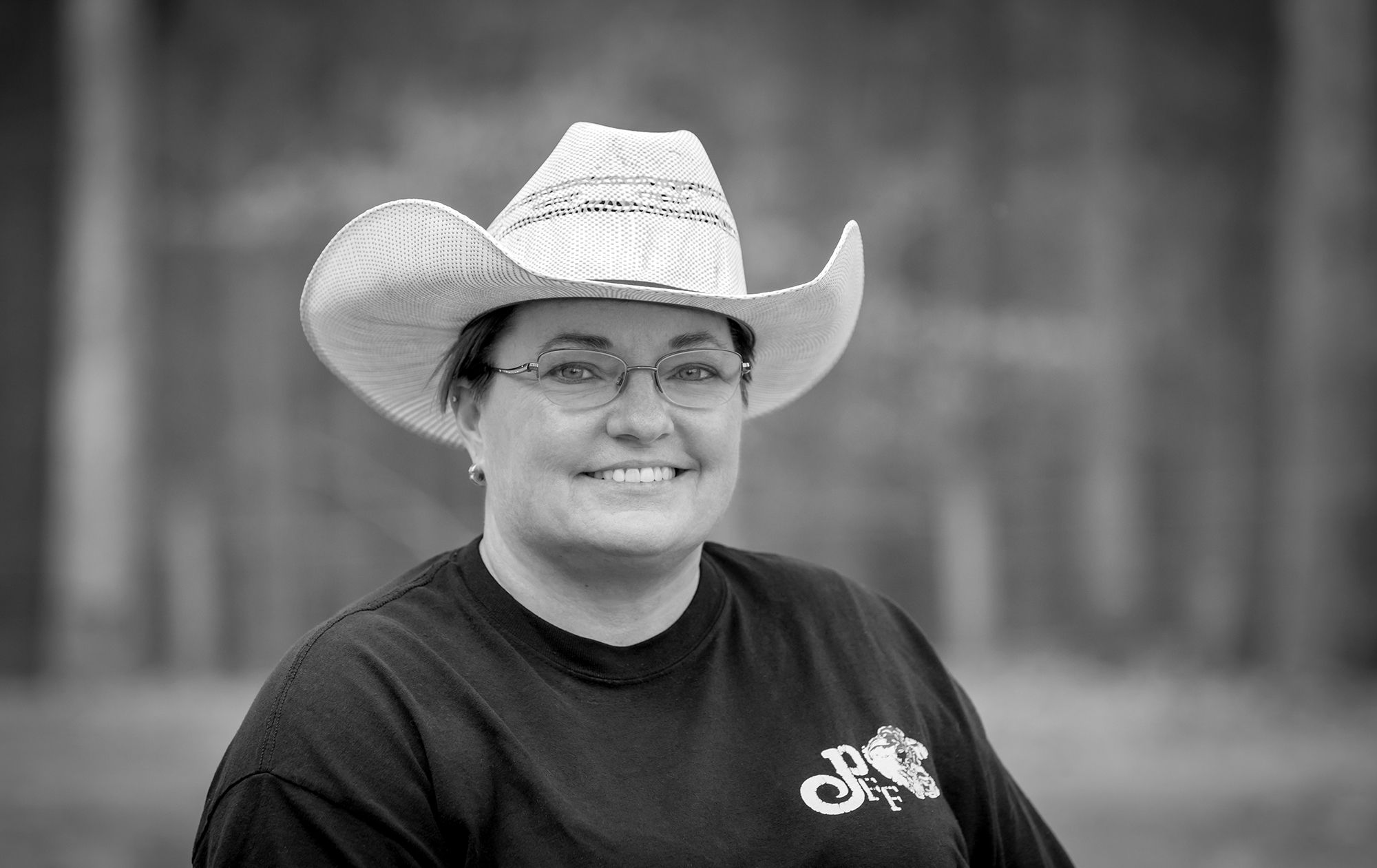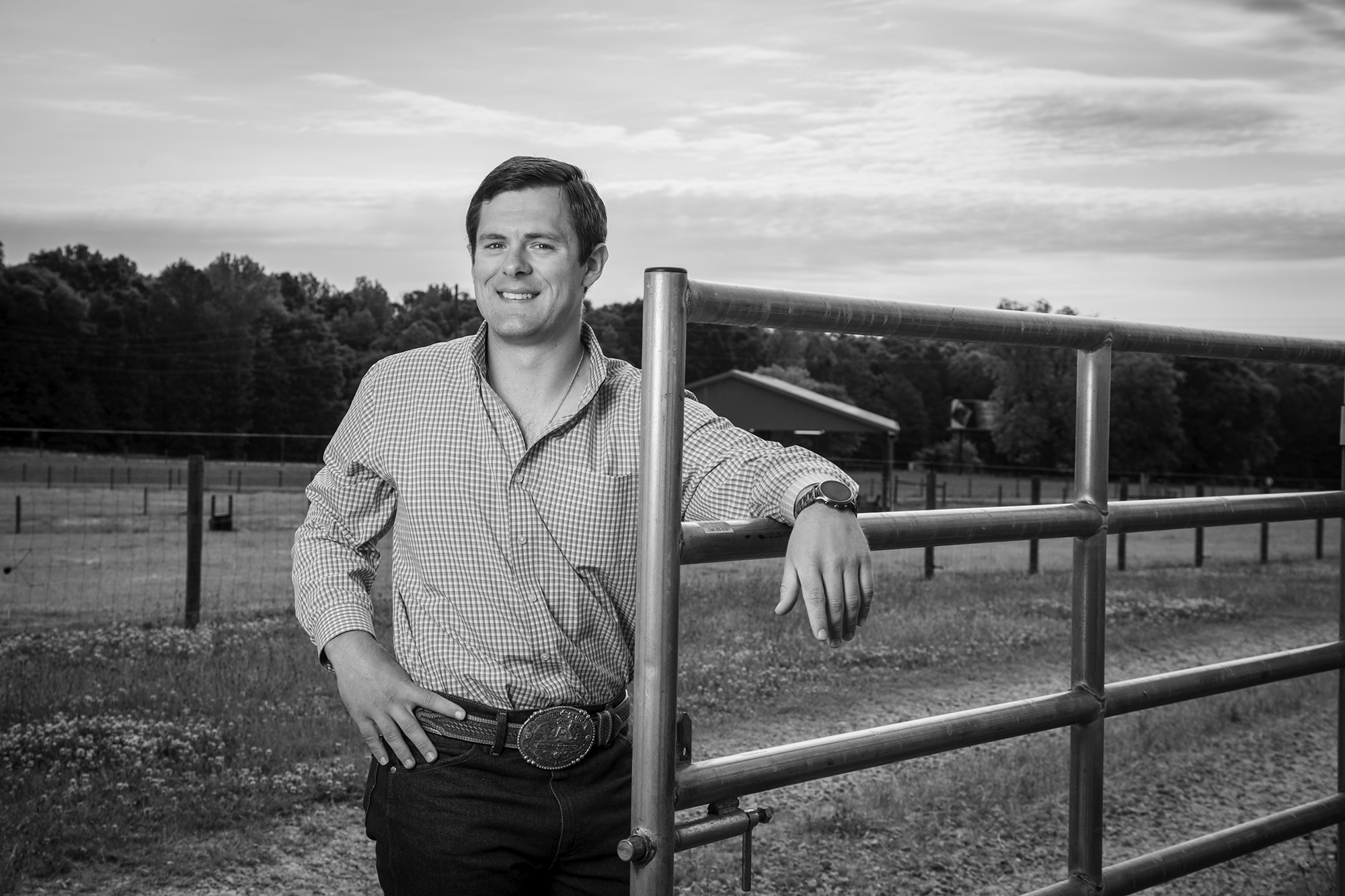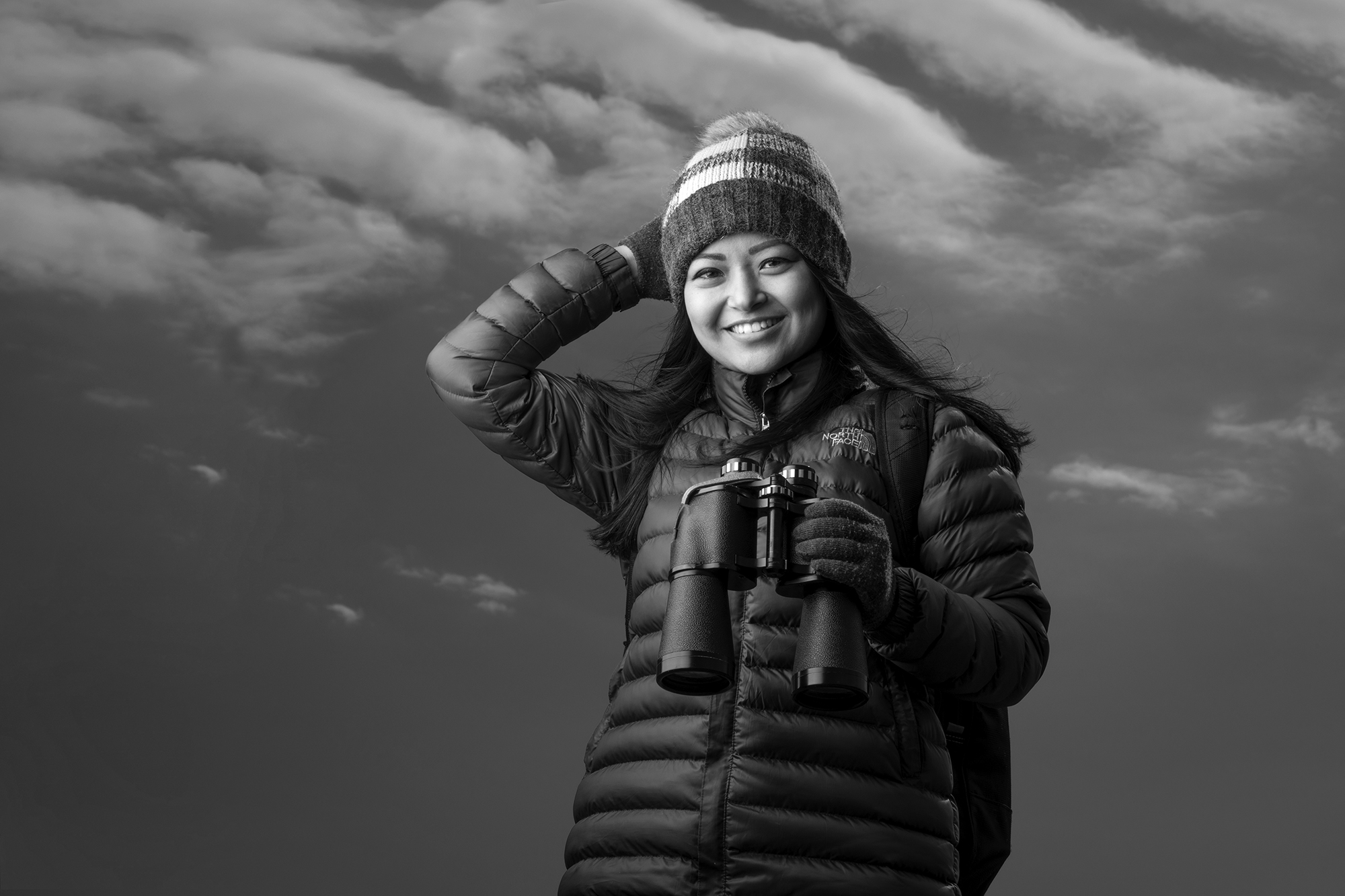Responding to a Pandemic: Graduate Studies in the Time of COVID-19
By: Cynthia Adams | Photos By: Nancy Evelyn
When a new coronavirus began its insidious journey around the globe, the implications slowly began to be revealed. What began as a rumored threat to the United States earlier this year soon became life altering for many Americans.
Drastic and pre-emptive public health measures were essential in order to prevent a difficult March from becoming a horrific April.
The impact reached Georgia, and in-person classes at UGA ended. Public events and meetings stopped. Research projects were either shuttered, altered, or halted; in any case, people sought a different method of working in an unfamiliar social landscape.
The reality of a global pandemic created a sense of scientific urgency even as it brought scholarly work for many to a shuddering stop. Ironically, the need for learning and scientific research has never seemed greater.
Some of our featured students in this issue responded to questions about how the pandemic has directly affected their work, and what the implications were for them, both individually and as a member of society. The following is a very condensed overview from their remarks. —The Editor

Jessica Shotwell, College of Public Health
How does the pandemic affect my research?
The short answer? Substantially.
Every single one of my research projects has been directly affected by the pandemic. COVID-19 poses a greater threat to older people, people with underlying chronic conditions, and healthcare workers. I work pretty much exclusively with people in those groups. So, all of my projects have either been delayed or undergone substantial transformations.
What might be a few implications?
The broad reality is that research will slow down or, depending on a project’s methodology, stop all together. For many, deadlines will need to be extended to accommodate for the disruptions caused by the pandemic. Research paradigms will probably undergo heavy transformations, like the projects I am working on have. Delays in research also mean delays in findings which also mean delays in getting new insight to the public. More simply, the “research pipeline” will slow down.
On a more positive side, I see implications that can lead to personal growth and a re-invigorated commitment to research in general. For those of us who conduct research as part of our full-time job, we are being challenged. The pandemic is testing many things, but related specifically to myself and others with similar jobs, the ability to be flexible, patient, creative and collaborative are being tested on a daily basis. When I feel tested, I ask myself “How can I make the most out of this very scary, very challenging situation?” My answers help me re-focus on strategies that will only serve to help me as a scientist and emerging leader.
On an even wider scale, I hope that our country’s commitment to public health becomes a greater priority. I, as well as other public health professionals, have been calling for more investment in public health and a more proactive public health agenda. The consequences of being under prepared for something like this—something that has been on the minds of public health officials for years—are severe. I hope that the hard realities of this pandemic result in a better commitment to investing in the goals of public health.
How to navigate, individually and as a scholar?
Here is an opportunity for me to practice flexibility, creativity and collaboration. I’ve been challenged to think of ways to continue moving forward as a scientist with the restraints posed by the pandemic. Instead of being consumed by my worries, I’m embracing the uncertainty as an opportunity for growth. In order to continue with my work and service to the community, I need to be flexible, think outside the box, and harness the collective collaborative power of the teams I am on. Also, I now have an even greater appreciation for my network. I have reached out to my colleagues for advice and received great support from them in return, which has helped me deal with the various ways the pandemic has made me feel.

Terry Parker, Learning, Leadership and Organization
Graduate study during this pandemic is in flux. The implications are still unfolding.
Our culture was already somewhat socially distant with the use of technology and cell phones. Students entering the workforce have a difficult time with soft skills such as face-to-face communication. I fear this drives a larger wedge as we ask others to become more socially distant. I appreciate being able to talk to someone over skype, or Zoom, but it will never replace the live and in person.
Navigating this as an individual is intimidating. I am faced with the reality we all have an expiration date and death does not discriminate. As a scholar I have to navigate with wisdom as best I can, knowing true learning occurs when our propensity for change is more desirable than the current state. Through this we will learn. We need to learn. If you have studied the bubonic plague or any medical history it is evident through such catastrophe change emerges with new methods, better practices.
We have witnessed a virus showing no bias in infecting all peoples. As scholars we are constantly aware of bias in varied cultures, groups, organizations etc. This pandemic has shown we are all equal hosts susceptible to the cruel illness. Locally I have witnessed a coming together of communities. As local businesses have brought in meals for healthcare staff, bus drivers and cafeteria workers have delivered meals to children who normally only get a good meal while at school, and a nation is recognizing the shelves at the local market are stocked by our farmers.
Curiosity for the future consumes me as I wonder will we get back to a world that believes in relationship more so than the next best technology. What will be our focus going forward?

Darren Seidel, Animal and Dairy Science
Timing is the most important component of impact in regards to doctoral studies during a pandemic. As we are currently experiencing the SARS-CoV-2 outbreak, for doctoral students the goal of completing research can be extremely offset in the wake of social distancing and shelter-in-place orders. However, in the exact same breath, if a student is at the very end of their doctoral work, has been admitted in candidacy, and is waiting to defend their research, the alteration maybe as simple as converting the defense session into a virtual meeting instead of in-person. Every department and every graduate student/major professor dynamic are just a little different from one situation to the other here at the University of Georgia.
What is this like to navigate, both as a scholar and an individual?
There are so many different emotions, thoughts, and general actions that are so different than what anyone has ever experienced before when it comes to the COVID-19 pandemic and the current status of our world. As for myself, I have been blessed with great family and friends, and the one thing I hold in the highest regards that hasn’t changed; my faith. I will try my absolute best to find a career after graduation in December, but I will try to work to find the best situation for myself and my fiancée, whatever that might look like.
I am holding on to the fact that science and time will prevail and we will find a way to continue life in a similar way after the epidemiological curve is on the backside of the outbreak.

Kestrina Shrestha, Student Affairs Administration
I think a pandemic like this brings its own type of impact regardless of one’s previous coping skills. Nobody was really prepared for this. I believe this is also the first time humans have been so globally connected through social media during a global pandemic.
How we all have transitioned into online work and school environment is a part of how we have been trying to adjust and cope as this transition affects our lives. The area where I am personally affected is my job-hunting process. Since I graduated in May, I was hoping that the spring semester would be filled with job interviews and opportunities. Most places are on a hiring freeze but I am still keeping my hopes high. I am still applying and expecting that this pandemic will be over soon. My support system for this concern has been my cohort mates who are all graduating with me. Something about this shared experience has brought us closer and I am so grateful.








